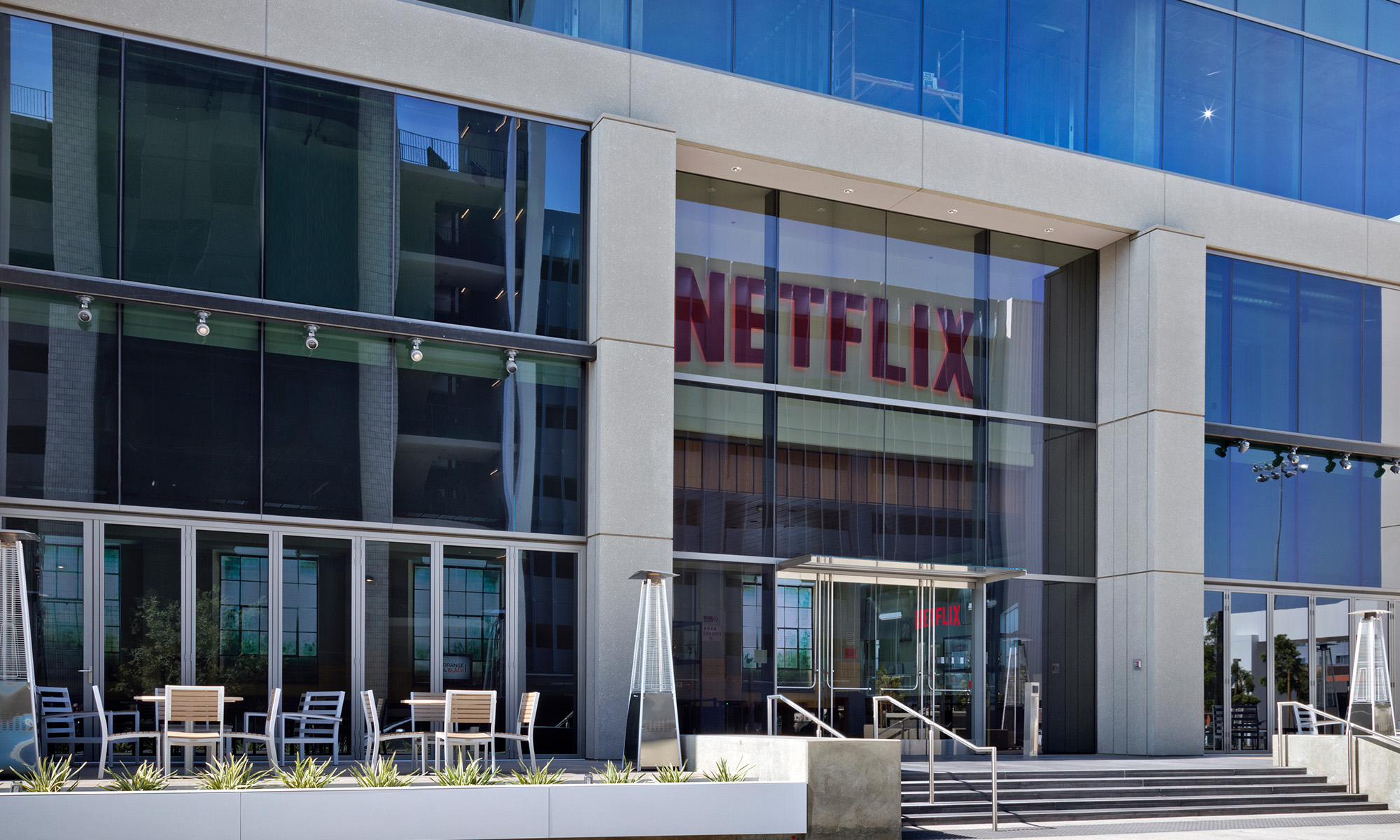
Netflix (NFLX 1.19%) and Amazon.com (AMZN +0.50%) may not have a lot of hardware to show for their collective 46 nominations during Sunday night's 2015 Emmy Awards presentation, but it's hard to deny that streaming services were the true stars of the red carpet.
Netflix and Amazon combined to win just five of the major awards -- three for Amazon's Transparent (and another two minor ones) and one apiece for Netflix's Orange is the New Black and House of Cards -- but the sheer volume of nominations validate streaming as a viable entertainment platform. Netflix matters. Amazon matters.
Sure, history will claim that Olive Kitteridge and Veep were the big winners on Sunday night. That may be true, but in the sense of once again validating a nascent platform as a viable outlet for Hollywood studios, it's hard to take the spotlight off Netflix or Amazon. Streaming video is no longer the outlet of last resort. In fact, it may very well be the preferable landing spot as directors and producers aren't limited by the conventional burdens of compacting a show into a certain chunk of time or pleasing commercial television sponsors.
The most amazing thing is that this platform didn't even exist four years ago. When Netflix became the exclusive home for Lilyhammer in early 2012, the public was more concerned with the ramifications of binge viewing than the actual entertainment value that was derived. Could a show succeed with everyone watching a show at their own pace instead of gathering by the water cooler to discuss the weekly servings of traditional broadcast programming?
These days no one raises an eyebrow or a snicker when top Hollywood talent signs on to a new Netflix series. A streaming platform isn't legit unless it's investing in exclusive or first-run content, something that became even more apparent earlier this month when Variety reported that Apple was in preliminary talks with Hollywood studio execs to secure original programming for its inevitable subscription TV service.
If you're trying to find a measuring stick to accurately quantify the importance of original content, let's turn to Netflix's subscriber count and share price. The stock closed at a split-adjusted $18.27 the day that the show hit Netflix's digital catalog, and it has gone on to soar more than fivefold. Amazon's stock, while clearly riding on a lot more than the success of its video service and much less Netflix's push into original content, has gone on to nearly triple. Netflix's subscriber tally has soared from 26.2 million when Lilyhammer premiered to 65.5 million worldwide today. We will never know how much credit original programming deserves for the viewer attraction and retention, but it's clearly a material component as a differentiator.
Amazon and Netflix have proven themselves worthy of rubbing elbows with the television programming mavens, and that makes streaming TV the big winner of last night's show.







